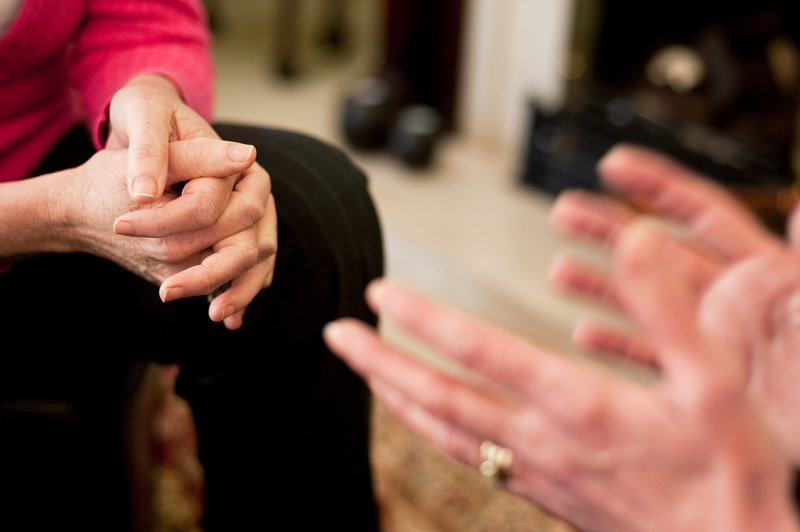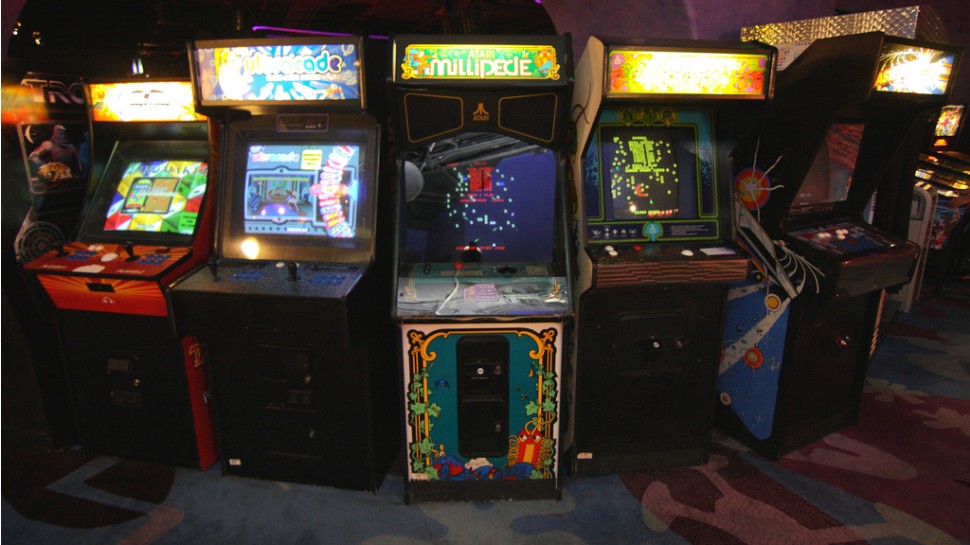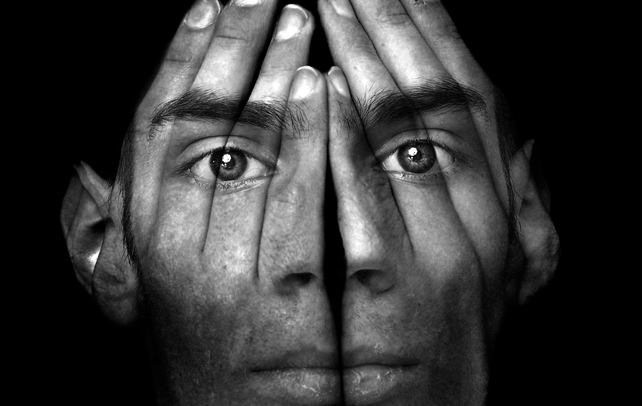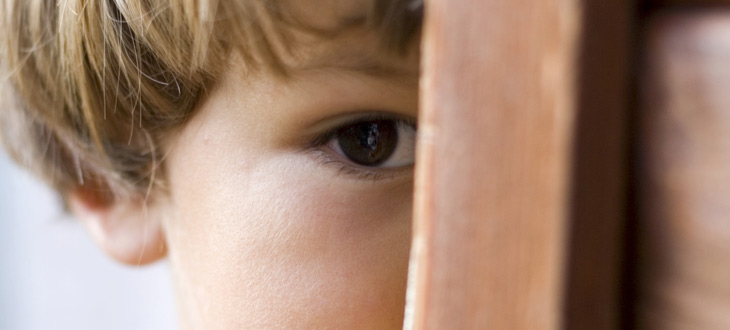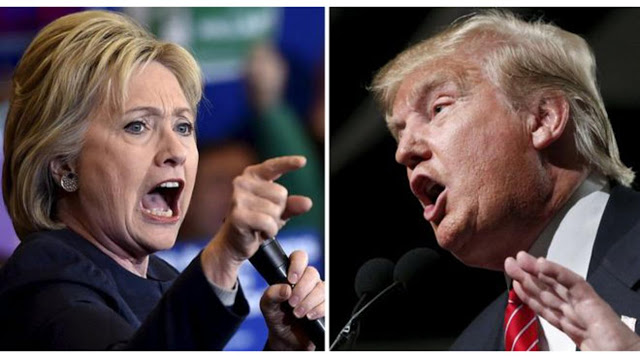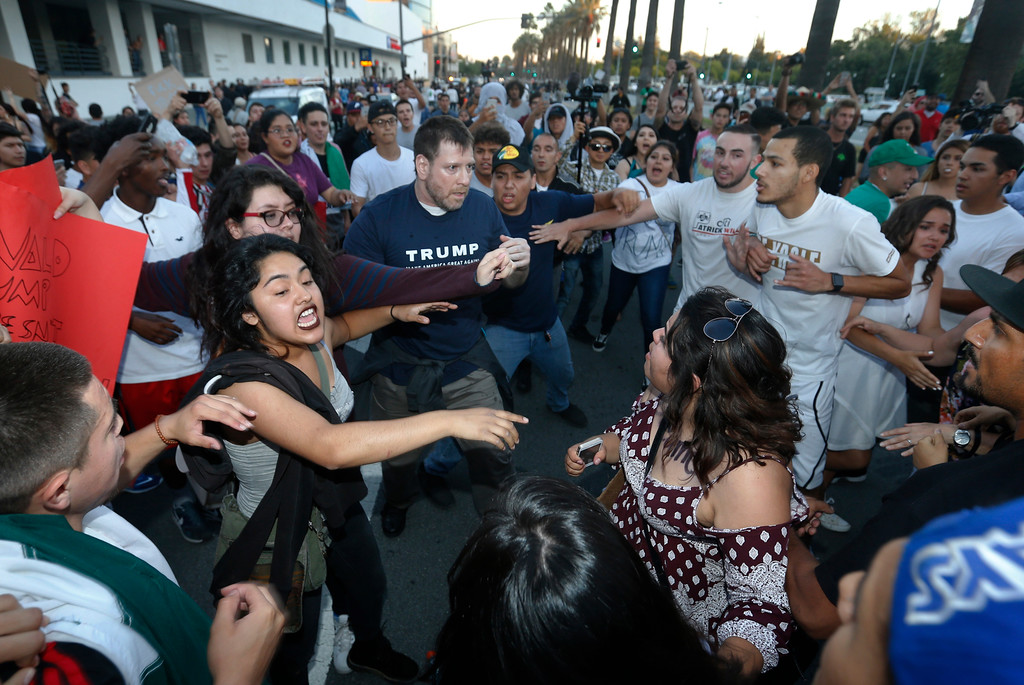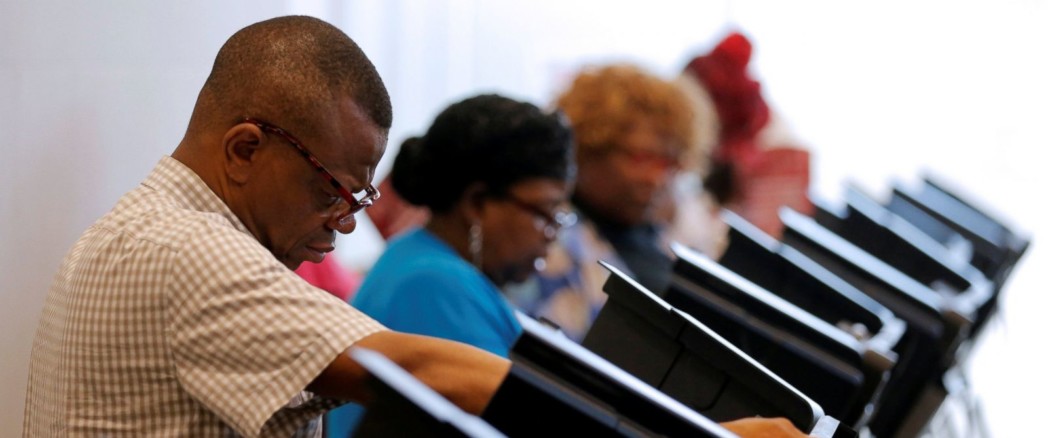Depression and anxiety can be huge obstacles for many of us. Whether you’re struggling with mild depression and/or anxiety, or you feel buried by it, it can be challenging not only to discuss it with others, but finding a way out can seem nearly impossible. Luckily, things are changing, and more and more methods of treatment are being developed for depression, anxiety, and other mental health-related issues. What’s even more exciting is that people are starting to realize how helpful video games can be for those people who struggle with mood disorders or mental illness. That’s right, actual scientists and doctors are seeing medically beneficial reasons for people to play video games.
What a time to be alive, amirite?
But really, it’s amazing that science is starting to understand how to use video games to help people struggling with mental illness. Of course, as with anything, moderation is key here. We all know someone, have heard of someone, or have experienced gaming addiction for ourselves first hand. So while using a video game to help a person overcome anxiety or depression can be effective, it’s also important to keep tabs on and moderate the amount of game therapy being used. Don’t expect to find yourself heading home from therapy with a doctor-ordered 8 hour WoW session in your future. Sorry, kids.
You can find a variety of benefits from different types of games. Whether you’re just playing puzzle games on your phone or going all out with an Oculus Rift, there’s something out there to help assist you in managing your depression or anxiety.
MMORPG AND CO-OP GAMES
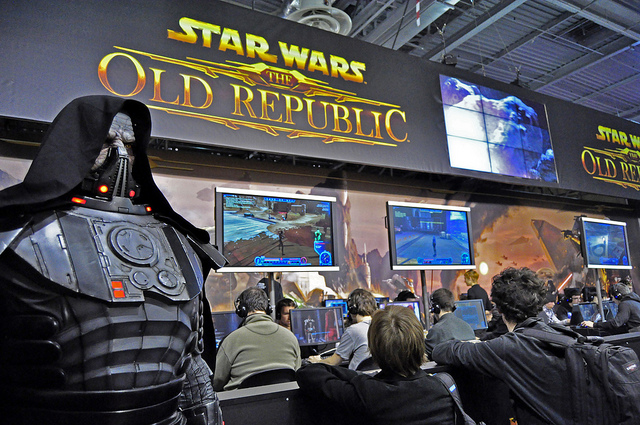
MMORPGs (Massively Multiplayer Online Role Playing Games) and online co-op games can be extremely helpful for kids with social anxiety. When paired with actual face-to-face interaction, kids can use the game to help initiate relationships in a low-risk environment, work as a team, and start picking up on social cues. Learning Works for Kids recommends setting your kid up with games like Star Wars: Old Republic and Mario games to help them become more comfortable in social situations. While this method can also be good for adults, not having parental supervision means you run the risk of losing a whole day to gaming and not following up the online interactions with real life interactions.
PUZZLES
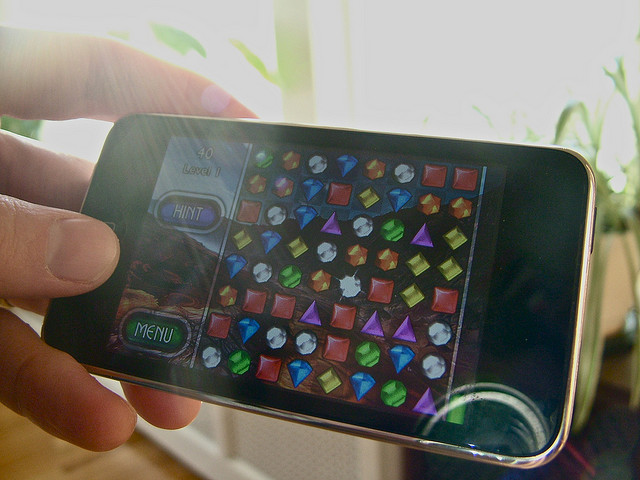
Studies show that casual, puzzle games can actually help lower stress and anxiety and help your mood. Playing a causal game like Bejeweled or other low-key puzzle games can help with those things because playing them causes a reduction in distractions. More and more scientists are attributing anxiety to the huge numbers of distractions we’re faced with every day. Playing a puzzler like Bejeweled, Peggle, and even Candy Crush can force you to focus on one thing and greatly reduce outside distractions–ultimately helping you feel less anxious. This one probably won’t work if you’re smack in the middle of a blinding anxiety attack, but having one or two of these games on your phone can help you keep yourself calm if you start to feel your anxiety rising.
REPRESENTATIONS OF DEPRESSION
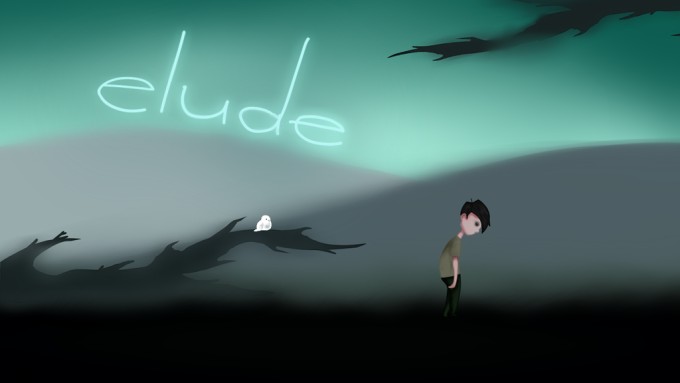
One of the hardest things about depression is getting a non-depressed person to understand what you’re going through. It can be exhausting to explain why you can’t just “cheer up” and that what you’re feeling is more than just “the blues”. Games that operate as actual representations of depression can not only help you better explain what you’re going through more effectively, but seeing your struggle recreated by someone you’ve never even met can help you feel less alone and better understood. Games that do a great job at this include Depression Quest–a choose your own adventure game that let’s you walk through the life of a depressed person–and Elude–a game that offers metaphorical representations of emotional landscapes.
OCULUS RIFT
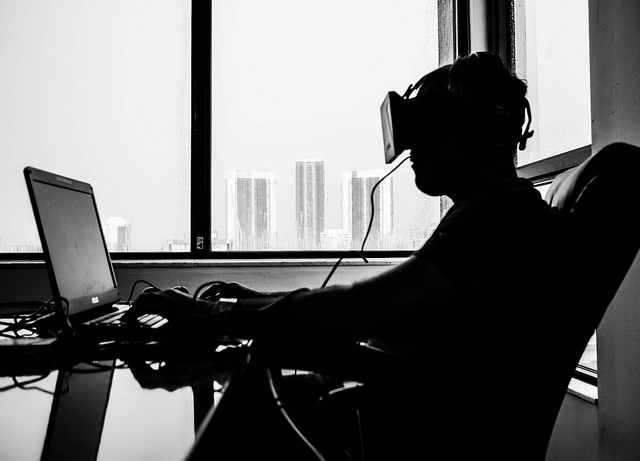
When you’re having an anxiety attack around another person, the thing you tend to hear the most–apart from “What’s happening? What’s wrong?” if that person has never seen an anxiety attack before–is the reminder to take deep breaths. While there is a ton going on in your brain in the midst of an anxiety attack, breathing exercises can be super beneficial to help you regain control. Owen Harris, a game developer in Ireland, developed a game using Oculus Rift called Deep that essentially leads you into breathing exercises as you experience a peaceful, underwater world that responds to your breaths. The deeply immersive virtual reality experience of the underwater world can help you center your focus and relax–seriously, you don’t even need to move a single appendage. Deep is all about breathing–calm, relaxing breathing.
Mental illness can be a tough monster for anyone to fight, and the social stigma that often accompanies mental illness can make someone’s struggle even more challenging. Thankfully, more and more people are starting to talk about their struggles, and doctors are finding new, creative, and effective ways to treat conditions like depression and anxiety. It’s incredibly exciting that many of our favorite pastime can actually be used to do something productive (though I argue that saving Skyrim from dragons is highly productive, but whatever…).
Have you found that gaming helps you handle your depression and/or anxiety? What games are the most helpful for you? Let me know in the comments! And if you are struggling with depression, anxiety, suicidal thoughts, or just need some help, contact us or the live chat on the National Suicide Prevention website to talk to someone.
Image credit: Sam Howzit/Flickr.com, PGWTOR 2011/Flickr.com, Ian Lamont/Flickr.com, Joc-Ular/DeviantArt.com, Sergey Galyonkin/Flickr.com
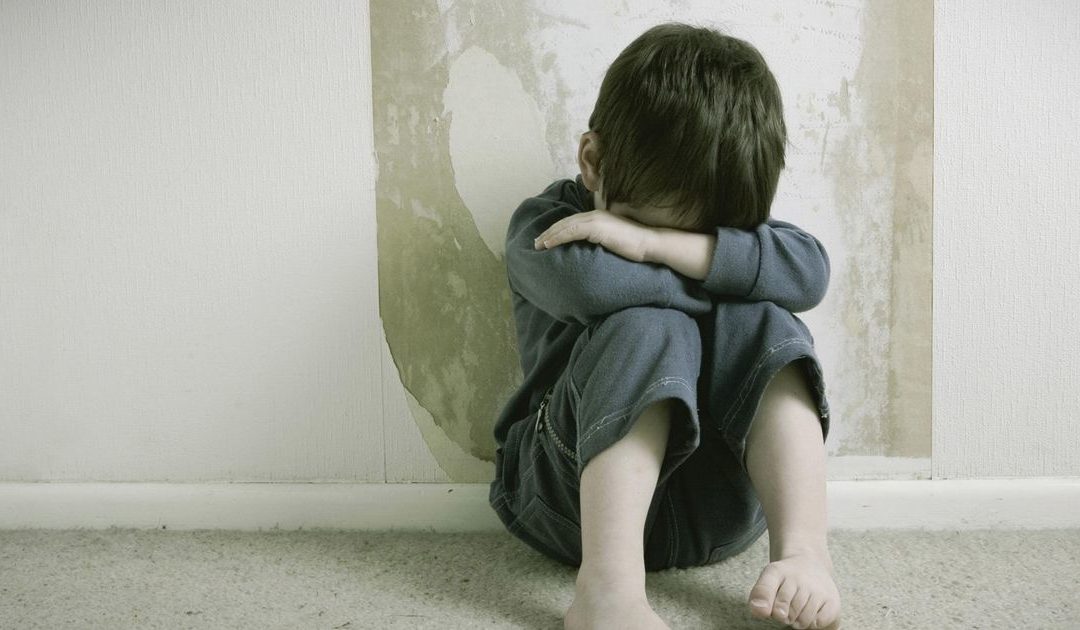
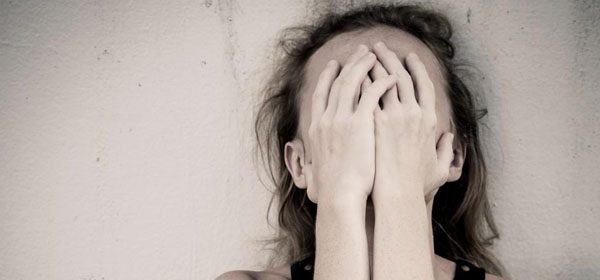
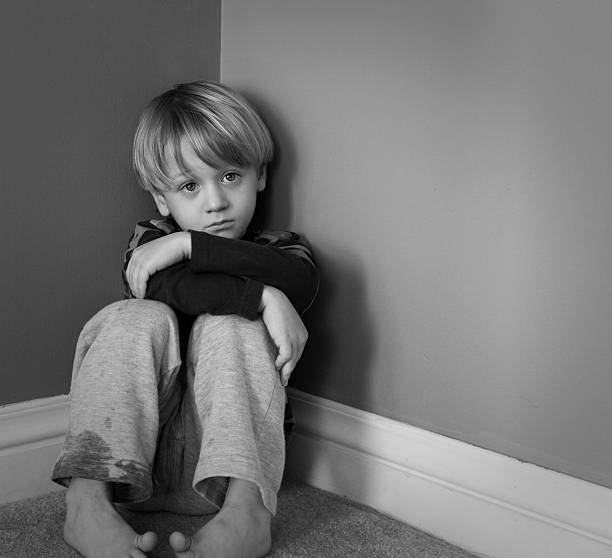
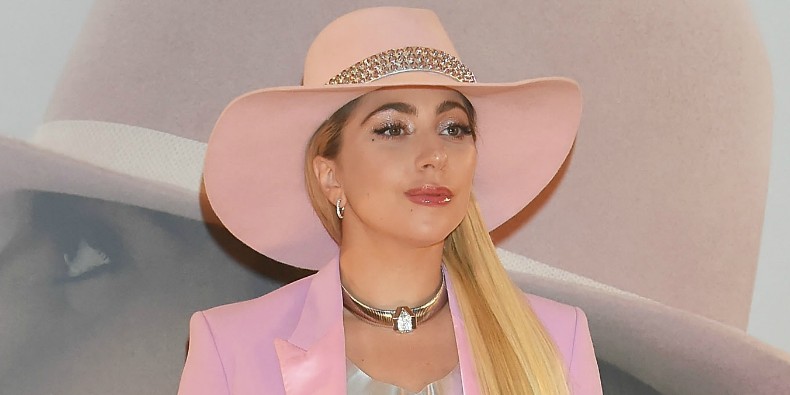
























































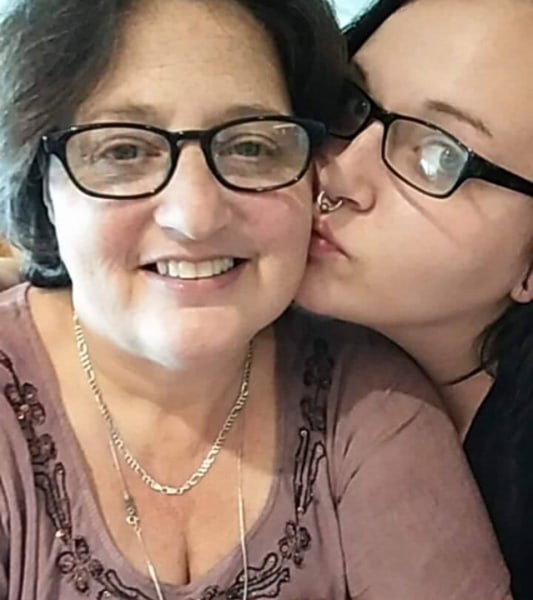
 Courtesy of Katelyn Marie Todd
Courtesy of Katelyn Marie Todd
